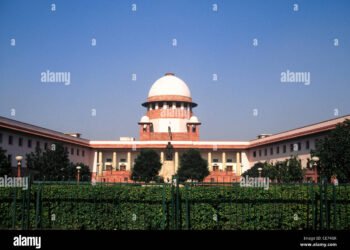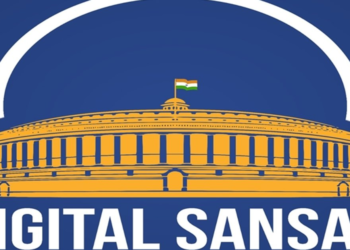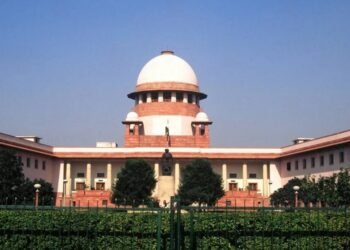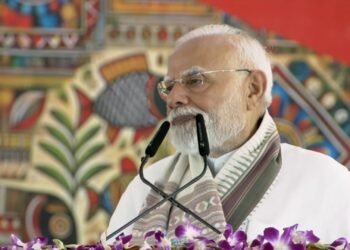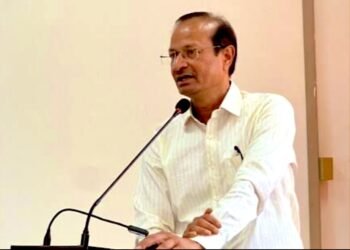On Friday, the Supreme Court emphasized that freedom of expression is an “essential component” of a thriving civilized society while quashing an FIR in Gujarat against Congress MP Imran Pratapgarhi for a poem he posted on social media.
The highest court, in stern comments directed at the Gujarat Police, stated that the crime of fostering animosity cannot be evaluated by the criteria of “insecure individuals” who perceive everything as a danger or disapproval.
“Free expression of thoughts and views is an integral part of a healthy civilised society. Without it, it is impossible to lead a dignified life guaranteed under Article 21 of the Constitution. Literature, including poetry, drama, art, satire, enriches life,” a bench of Justice AS Oka and Justice Ujjal Bhuyan said.
The ruling is significant in light of the controversy surrounding comedian Kunal Kamra, who is confronting a defamation lawsuit for labeling Shiv Sena leader Eknath Shinde a “traitor” during a satirical act.
Censuring the Gujarat High Court for its decision not to dismiss the FIR, the bench highlighted the obligation of both the courts and the police to safeguard constitutional rights, stating that free speech is the “most valued right.”
“The courts are duty-bound to uphold and enforce fundamental rights. Sometimes we, the judges, may not like the spoken or written words, but… we are also under an obligation to uphold the Constitution and the respective ideals,” the top court said.
ALSO READ: J&K Encounter: 3 Cops Martyred, 2 Terrorists Killed in Fierce Gunfight
The Supreme Court instructed the police to guarantee that “reasonable restrictions” on free speech are kept “reasonable and not fanciful or obstructive”.
THE CASE
A lawsuit was lodged against Pratapgarhi in Gujarat after the Congress MP posted a poem on social media accompanied by the song ‘Ae khoon ke pyase baat suno’ in the backdrop. It was seen as a jab at the government led by the BJP.
On January 17, the Gujarat High Court declined to cancel the FIR. The Supreme Court had set aside its decision following the case hearing in January.
In the hearing, the supreme court remarked that the poem did not promote anti-religious or anti-national sentiments, urging the police to demonstrate sensitivity and grasp the essence of freedom of speech and expression.



